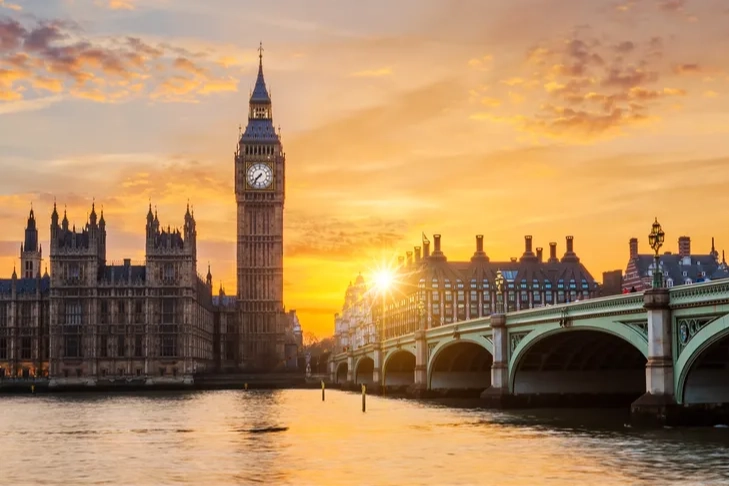In many popular European cities, protests against mass tourism are on the rise. So, how are different European cities addressing the issue of overtourism?

Measures Taken by European Cities to Combat Overtourism
Barcelona, Spain:
In Catalonia, the proliferation of short-term rentals has significantly impacted the local housing market. Barcelona's Mayor, Jaume Collboni, announced plans to completely phase out short-term rental homes within five years. The city administration hopes to reintegrate over 10,000 currently legal holiday rental homes into the long-term rental market.
Residents of Barcelona have been protesting, arguing that tourism-driven rent increases have exacerbated the cost of living. Collboni noted that rents in Barcelona have risen by more than 70% over the past decade. Catalonia attracted the most tourists in Spain last year, with 18 million visitors.
Mallorca:
The Spanish island of Mallorca has also seen anti-tourism protests in recent months. High rents are a major source of discontent, similar to Catalonia. Local council members in Mallorca are considering allowing property sales only to island residents, though how this would comply with European Union (EU) laws remains uncertain.
Controls on the holiday rental sector have been tightened recently. For example, Palma, the island's capital, has implemented an action plan to identify and penalize illegal accommodation. Last year, Mallorca set a new record with approximately 12.5 million tourists, but the number is expected to decrease in 2024 due to limits on the number of cruise ships docking in Palma.
Canary Islands:
The Canary Islands also broke their record with about 14 million tourists. However, local dissatisfaction has grown alongside the increasing number of tourists. The first major protest against mass tourism in Spain took place in the Canary Islands last April, with thousands demanding a fairer distribution of tourism income. Despite the rising number of tourists, average wages remain low. Unlike many other tourist centers, the Canary Islands do not currently charge tourists an accommodation tax, but Tenerife will start imposing an "environmental tax" on tourists from the new year.
Paris, France:
Ahead of the 2024 Summer Olympics, Paris tripled the tourist tax charged per night of stay. Depending on the hotel category, this tax can now reach up to 14.95 euros per night. France also limits the number of days a property can be rented out on short-term rental platforms like Airbnb to 120 days per year.
Amsterdam, Netherlands:
Amsterdam has taken some of the strictest measures in Europe to limit mass tourism. The city has capped its maximum tourist capacity at 20 million overnight stays per year. This policy was adopted in 2021 as part of Amsterdam's "balanced tourism" strategy, following protests by tens of thousands of residents calling for stricter controls on the tourism sector. New hotel constructions are now permitted only if another hotel closes, and these new hotels are encouraged to be built outside the city center. Amsterdam will also limit the number of cruise ships docking in its port.
Greece:
Greece might also implement restrictions on cruise ships. Prime Minister Kyriakos Mitsotakis mentioned that Santorini and Mykonos are facing issues due to overtourism, and a cap on cruise ship arrivals might be introduced next year.
According to official Greek data, the South Aegean, one of Greece’s 13 administrative regions, and composed of islands, hosts the highest ratio of tourists to residents in the EU, with over 100 tourists per island resident. A new regulation now requires all accommodation facilities, including Airbnb, to charge a Climate Crisis Resilience Fee, which can reach up to 10 euros depending on the hotel category. The Greek government states that this fee will help tourism officials manage situations such as fires or earthquakes more effectively.
Venice, Italy:
Since this year, Venice has been charging all day-trippers who do not stay overnight in the historic city center a fee of 5 euros on certain days. This measure aims to reduce the number of tourists who only visit for a few hours and do not contribute significantly to the local economy. The city collected this fee approximately 485,000 times between April 25 and July 14, raising 2.2 million euros. According to Italian media, this pilot scheme might become permanent, and the fee could double next year. Venice attracts around 20 million tourists annually.